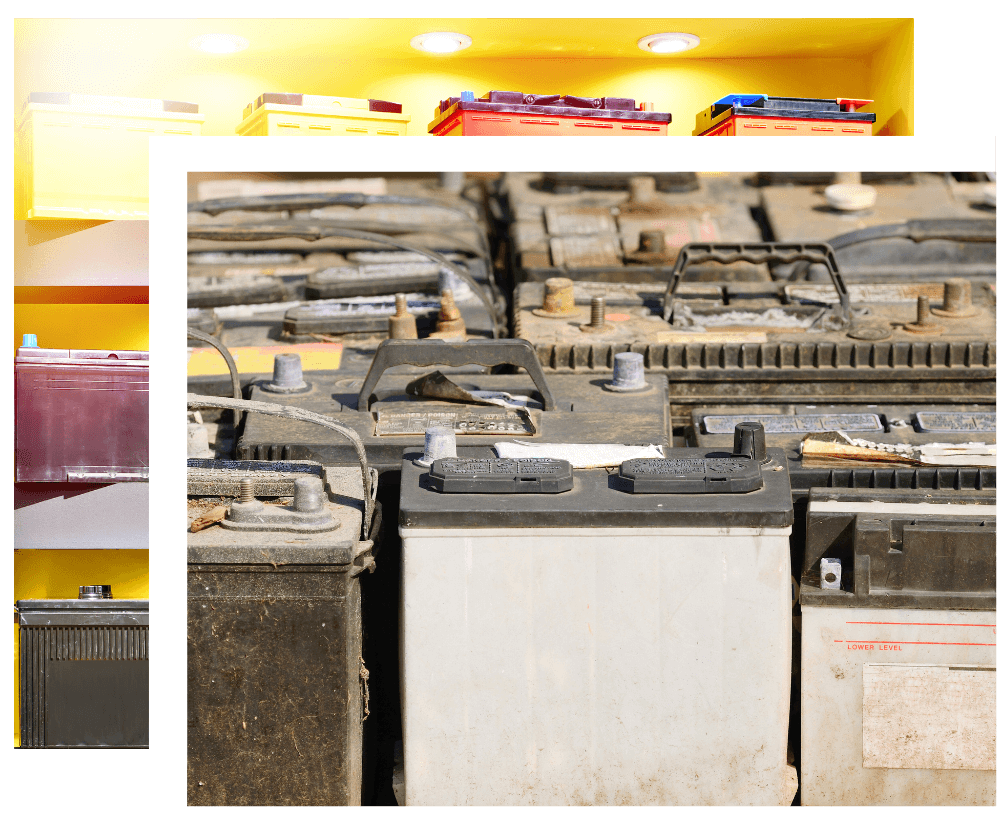Lead Acid Battery Recycling For Businesses
We collect and safely dispose of lead acid batteries in large volumes for businesses nationwide.
Get in touch to book a safe and secure collection for your battery waste.
Get in touch to book a safe and secure collection for your battery waste.



